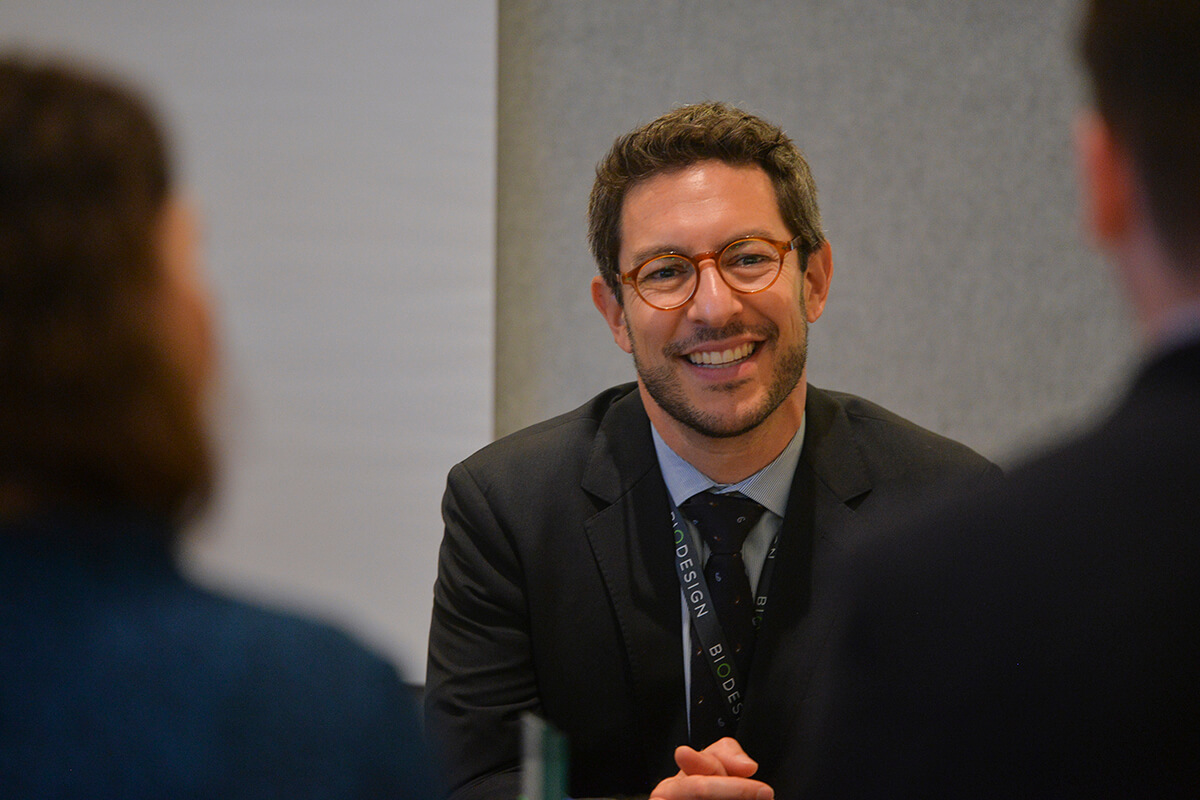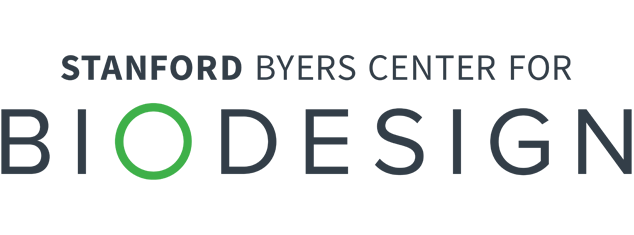Stories & Spotlights
Q&A with Innovation Fellowship director Dan Azagury
 Dan Azagury
Dan Azagury
Dan Azagury first came to Stanford Biodesign as an Innovation Fellow in 2011. The next year, he co-founded Ciel Medical, a medtech company focused on reducing the risk of pneumonia in long-term ventilated patients that sold to Vyaire Medical in 2017. Azagury returned to Stanford Biodesign in 2014 as an assistant director of the Innovation Fellowship and became co-director with James Wall in 2019. With Wall transitioning to a new position in industry this year, Azagury has taken on a new challenge as the director of the fellowship.
Q: What first drew you to Biodesign as a fellow in 2011?
A: I stumbled upon it. I was finishing my clinical fellowship and I was looking up “medical innovation.” I stumbled on the call for applications for a program that was due days later. I was amazed that this existed. I was passionate about innovation, but I always thought it could not be part of an academic surgical career. Finding the fellowship was what made it possible for me to integrate what I love doing with my passion for innovation. It was a no-brainer that I wanted to apply, and I was lucky enough to be selected to join the program.
Q: You co-founded a startup after your fellowship while you were also a practicing surgeon. What drew you back to become assistant director of the fellowship a few years later?
A: Stanford Biodesign completely changed my career. The fellowship was instructive, it was fun, it was everything I hoped for and more. I would've loved to be a fellow over and over again, year after year. But since that wasn’t possible, the next best thing was to come back and teach.
Q: You co-directed the program with James Wall for the last four years. How did your experiences as former fellows influence your approach to leading the program?
A: When James and I were co-directors, it was actually very similar to the fellowship in the sense that we took a team-based approach; we learned each other’s strengths and built on those. We tried to take our differences in style and experience and in what we enjoy doing, and we tried to make it the best possible leadership for the program. We had four years of a very productive partnership that was very enjoyable for both of us.
Q. As you’ve transitioned to being the primary leader, what opportunities are you most excited about? What are some challenges you think fellows today have to work through which may not necessarily have been true for your cohort?
A: The good thing is we have a fantastic team in place with three amazing assistant directors in Janene Fuerch, Kate Garrett, and Vic McCray as well as our director of team learning Doug Rait. We've been working together for a long time, so that part is very similar for the fellows. What I am most looking forward to is having more time to learn more about the fellows and what they do, and to see which directions they take.
I would say one of the challenges facing current fellows is that healthtech is a much broader field now. They have a lot more resources and faculty to help them develop the relationships they will need. But it is a balance of having time to go deep into a certain area of expertise and being able to look at lots of different opportunities in terms of the type of career they want.
Q: What is the most fulfilling part of being the fellowship director?
A: The most fulfilling part of being the fellowship director is easy: the fellows and the fellows and the fellows. With this position, every year is different, and it's always guided by the fellows. They decide what they want to do, they decide what they work on, they invent things that amaze me every year. Close second is the team that I work with every day - the staff who run the fellowship, like Meghan Stawitcke and Antje Kirschner, the leadership team of Janene, Kate, Vic, Doug Rait, and Lyn Denend, as well as all the faculty. It's an amazing group!
Q: When you think back to yourself as a fellow, what advice would you give to your younger self?
A: I would tell my younger self to keep my eyes and my options open. Coming into this fellowship, you don't really know what's going to happen to your life after this. It has a big impact, and you have to broaden your horizons and see what's possible.
